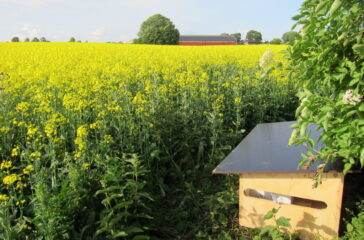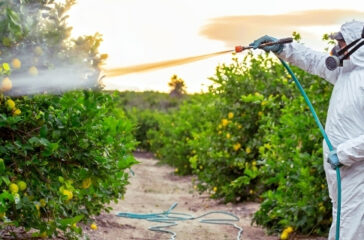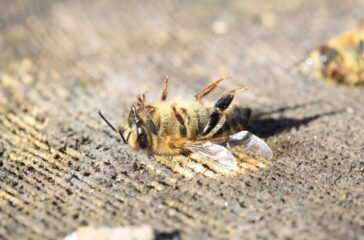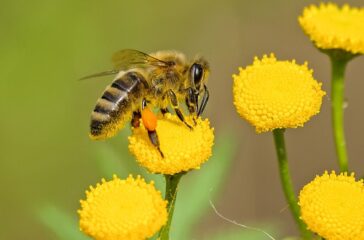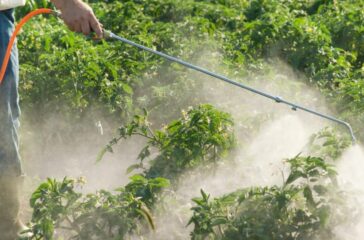Agricultural chemicals are more toxic to insects than previously thought
By Douglas Main
New research provides evidence that chemicals used in farming may be more harmful to insects than previously thought, contributing to worldwide declines in important species.
In a wide-ranging, first-of-a-kind study published October 24 in the journal Science, scientists found that extremely small, sublethal concentrations of over 580 insecticides, herbicides, fungicides and other chemicals can have serious negative impacts on the behavior and subsequent survival of certain insects. The scientists tested some of the chemicals on fruit fly larvae, mosquitoes, and butterflies.
The results were “very shocking,” said study co-author Justin Crocker, a researcher with the European Molecular Biology Laboratory in Heidelberg, Germany.
The study bolsters the case that agrochemicals play a big role in plummeting populations of insects, a phenomenon that can gravely harm food production since certain insects are needed to pollinate key food crops.
In the paper, researchers exposed 75 fruit fly larvae to three concentrations of 1,024 different agrochemicals. The smallest level tested (2 micromoles) is well within the range found in the real world; for example, it’s not uncommon to find this concentration of the herbicide glyphosate in streams near crop fields.
After only 16 hours of exposure, they transferred the insects to vials containing chemical-free food, and filmed their behavior. More than half of these substances caused discernible changes in the behavior of developing insects.
 EWG
EWG



